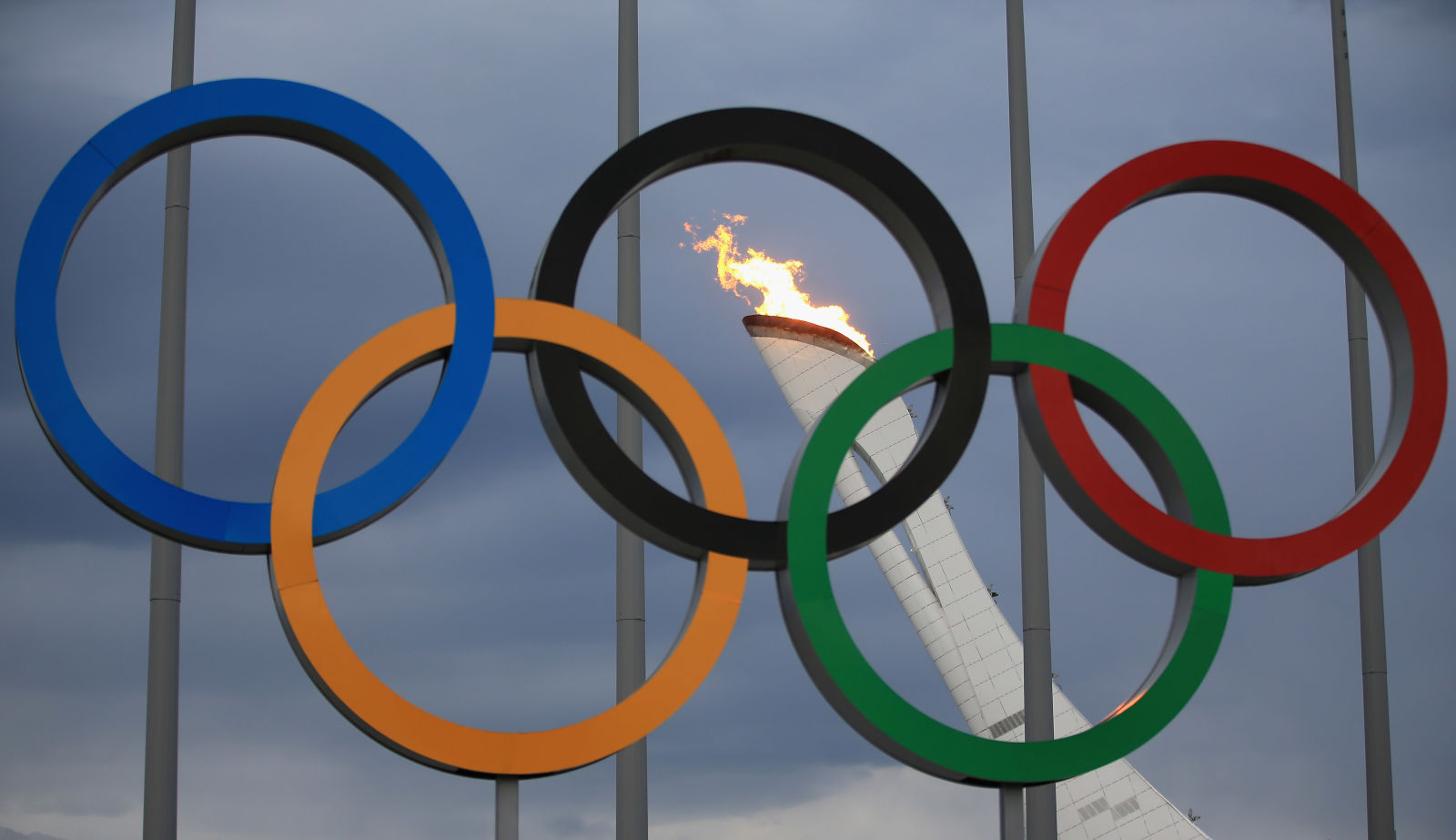Ruth Wetters BA Chinese (Modern & Classical)
image caption: IOC president Thomas Bach and former swimmer Kirsty Coventry during an IOC press conference in Lausanne (09/01/20) (Credit: Laurent Gillieron/Keystone via AP)
On Thursday 9th January, the International Olympic Committee announced new, stricter bans on political, religious and ethnic demonstrations for the upcoming Tokyo 2020 Olympics. According to the IOC, the Olympics “are not and must never be a platform to advance political or any other divisive ends.” This is widely seen as a preemptive move following a recent rise in political demonstrations at both national and international sporting events, in order to quell potential issues later on.
Although Rule 50 of the Olympic Charter bans “demonstration(s) or political, religious or racial propaganda,” the new regulations go into further depth, listing examples of potential demonstrations which include kneeling, hand gestures, and displaying political signs or armbands. Athletes will still be permitted to express their personal views in interviews, digital and traditional media, and at team meetings, but not during official ceremonies such as the Opening and Closing ceremony, medal ceremonies, in the field of play or at the Olympic Village. Notably, the regulations state that protests outside of official events are permissible as long as they “comply with local legislation wherever local law forbids such actions,” which allows for the hosting of the Games by authoritarian governments.
The ban has been criticised by athletes for contradicting the long history of protest in sport. Among them, Megan Rapinoe said, “so much [is] being done about the protests. So little [is] being done about what we are protesting about.” In fact, the Olympics have long been a battleground for political decisions, and the IOC has not been neutral. Most famously, in 1968 John Carlos and Tommie Smith used the medal ceremony to demonstrate on behalf of the black civil rights movement in the United States. This act of protest effectively ended their careers, and they were immediately sent home. Since then, Carlos and Smith have been inducted into the Olympic Hall of Fame, and this moment has been recognised by the IOC as one of the most iconic moments in the history of the Games.
This ruling also comes in the wake of a debate around the presence of the Japanese imperial “Rising Sun” flag, which South Korea, in particular, has requested be banned at the 2020 Games due to its association with Japanese wartime atrocities. The Japanese government has not indicated any plans to ban the flag, which could result in protests at events where the flag is allowed to fly.
